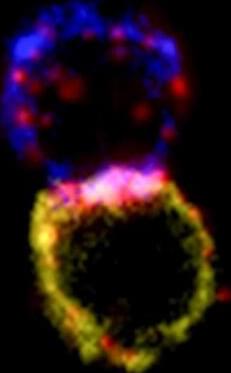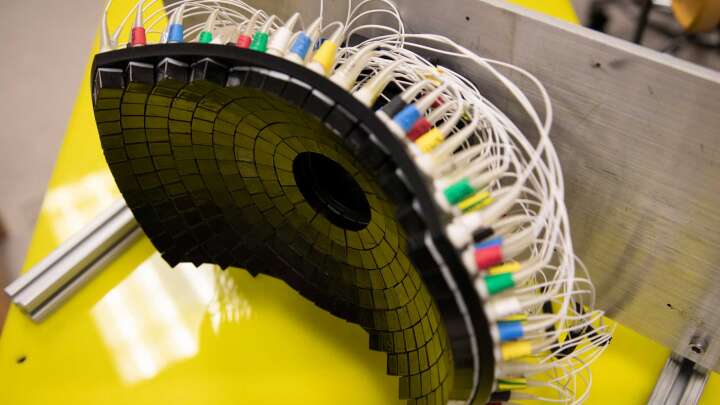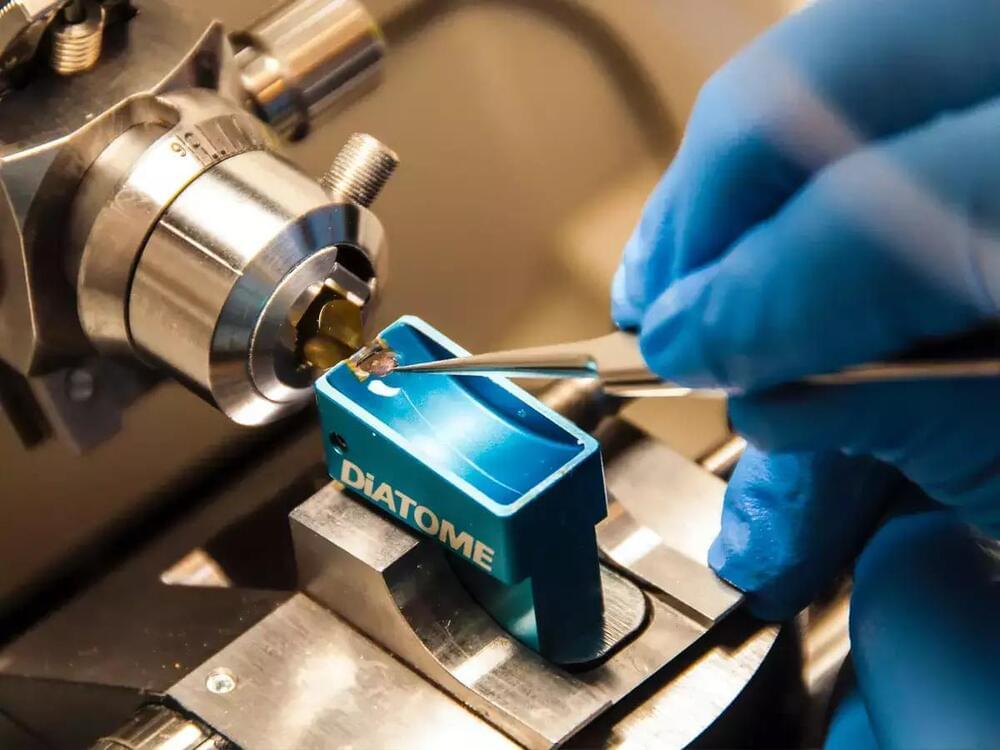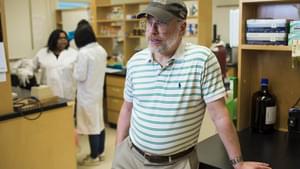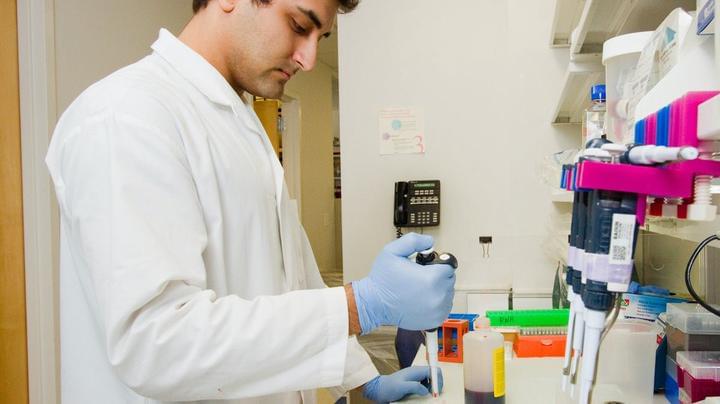NEW ORLEANS— Donated immune cells mixed with a molecule that helps them home in on tumor cells have dramatically shrunk tumors in most of the 22 people with blood cancer who received experimental infusions. The results, reported yesterday at the annual meeting of the American Association for Cancer Research (AACR), are a new twist on cell therapies that harness a patient’s own immune cells to treat cancer. The new treatment is simpler to make than other cell therapies for advanced lymphoma, or cancer of the lymph system, the study’s leaders say.
“It’s an interesting idea,” says hematologist and oncologist Jeffrey Miller of the University of Minnesota, Twin Cities, who was a panelist at the plenary session where the work was presented.
CAR-T cells, immune cells genetically modified to carry a surface protein that helps them home in on cancer cells, are the best known cancer cell therapy. Although approved for some types of leukemia and lymphoma, CAR-T cells can cause serious side effects and must be custom-made from a person’s own T cells.
